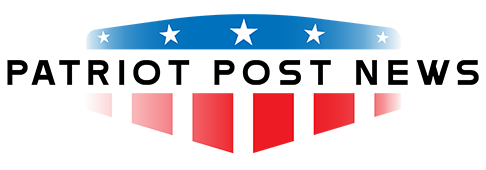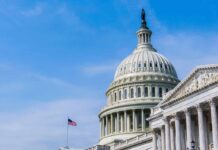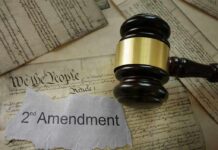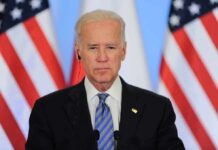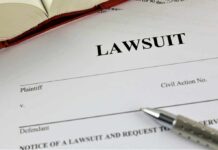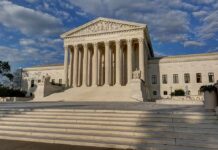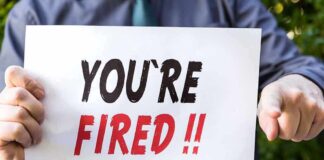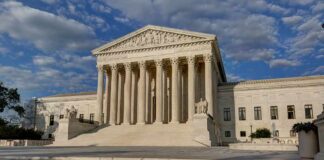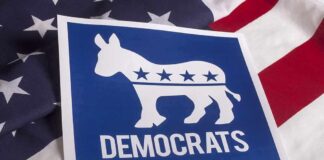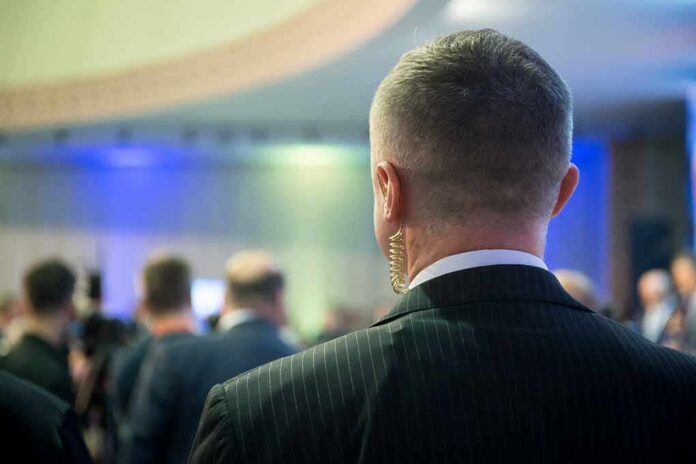
The U.S. Secret Service faces scrutiny over allegations of overlooked insider threats and controversial recruitment practices, raising national security concerns.
Key Insights
- The Secret Service allegedly ignored an insider threat and retaliated against a whistleblower.
- A hired applicant failed the terrorism section of a polygraph test but evaluates security credentials now.
- Allegations arose following two assassination attempts on President Donald Trump in 2024.
- The agency lacks mandatory mental health screenings, unlike the FBI and CIA.
Background on Controversial Recruitment
U.S. Secret Service is under fire for alleged missteps in handling insider threats, as a whistleblower reveals recruitment flaws. Reports suggest the agency hired an individual who failed the terrorism part of a polygraph test, now in charge of evaluating security clearances. The whistleblower, who flagged this issue during the Biden administration, faced retaliation, including threats to their security credentials. These revelations follow attempts on President Trump’s life in 2024.
Sources claim a “friends and family” loophole allowed the applicant to bypass failures and gain the position. The whistleblower alleged a culture of neglect towards internal warnings, damaging confidence in the robustness of Secret Service protocols.
🚨🚨EXCLUSIVE AND BREAKING: SECRET SERVICE ACCUSED OF FAILING TO RESPOND TO 'INSIDER-THREAT' COMPLAINTS
AGENCY HIRED APPLICANT WHO FAILED TERRORISM SECTION OF POLYGRAPH TEST AND NOW ALLOWS HIM TO EVALUATE OTHERS' SECURITY CLEARANCES, WHISTLEBLOWER ALLEGES
The Secret Service… pic.twitter.com/7MUh1ARn9U
— Susan Crabtree (@susancrabtree) March 31, 2025
Internal Struggles and Past Incidents
The Secret Service’s troubled history compounds current issues. Incidents of misconduct, such as excessive drinking and physical altercations among agents, persist. Notably, Michelle Herczeg was involved in an altercation while on duty for former Vice President Harris. These instances highlight flaws in agency discipline and recruitment transparency.
Complaints were forwarded to Congress, yet the Secret Service has not opened an investigation. Congressional scrutiny is likely, especially as the agency lacks mental health screening processes required in other agencies like the FBI and CIA. The allegations, unaddressed, continue to stir public and political concern over national safety.
Outlook and Agency’s Next Steps
The Secret Service’s response to these criticisms remains vague, leading to increased calls for accountability and transparency in its operations. The whistleblower’s legal actions and claims of forced resignation necessitate substantial agency reform. The absence of commentary or action on the insider threat issue suggests a need for stringent oversight and policy revisions to safeguard the nation’s leaders effectively.
As further inquiries loom, both internal and external pressures mount on the Secret Service to address these recruitment and procedural failures comprehensively and promptly.
Sources:
- BREAKING: Secret Service Ignored “Insider Threat” Warning – Instead of Acting, They Did Something Far Worse
- Report: Secret Service Accused of Ignoring Insider Threat, Retaliating Against Whistleblower
- Secret Service Hired Applicant Who Failed Polygraph—Now He Reviews Clearances
